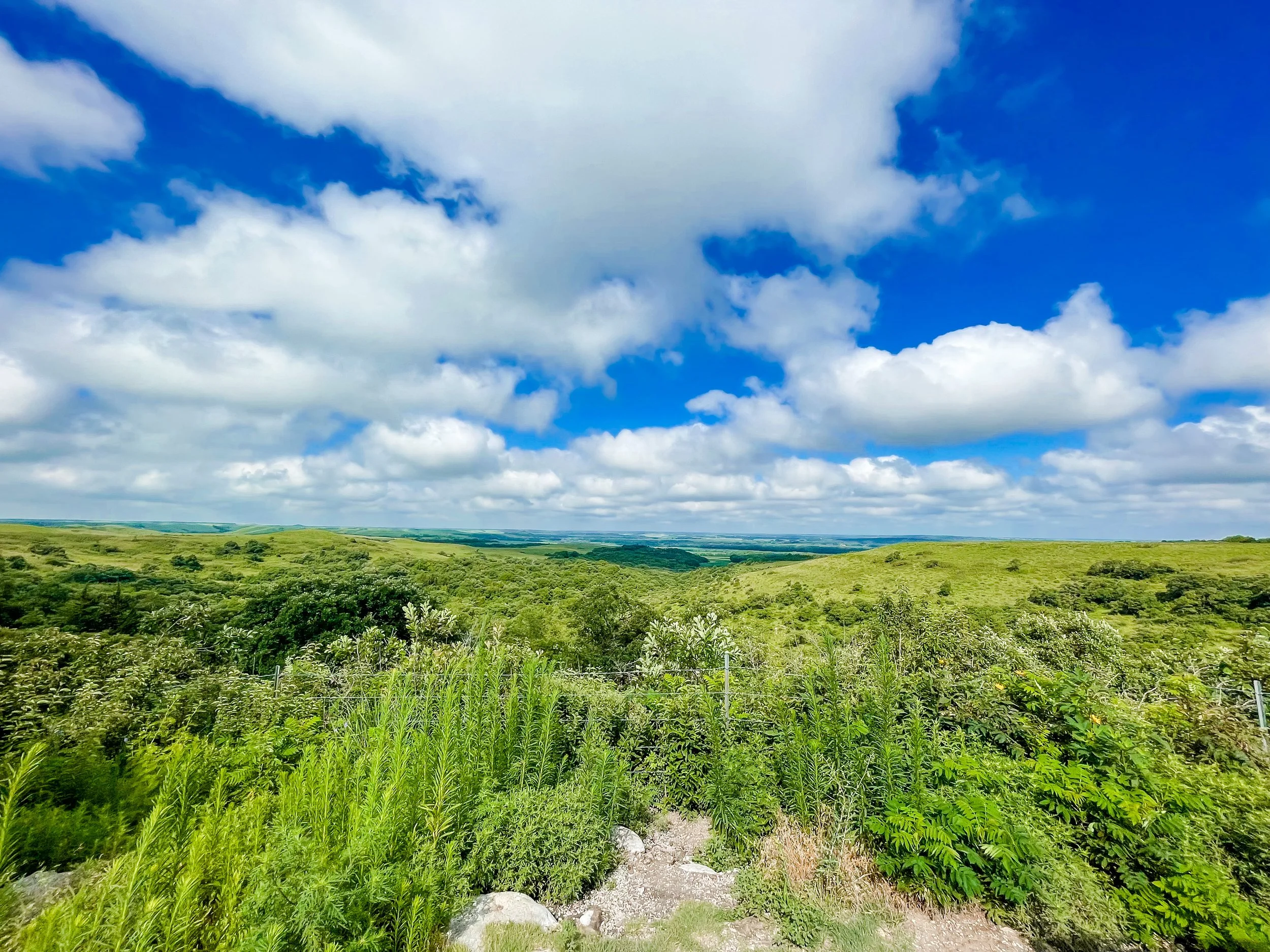Well, you know how these things go. Google searches lead to articles which lead to books. I learned Whitman did have much more to say about prairies and he put it all in a book called Specimen Days. And he didn’t just have words to say about prairies but also about mountains and rivers and plants and seas. Also war and death and politics but that part was less appealing to me. It was the poetic descriptions of nature that intrigued me most. As the author of this essay said “Whitman’s democratic awe is distinctive not simply for its range and its exuberance and its surprise, but for its willingness to dwell—to unfurl a pleasure fully.”
Willingness to dwell?? That’s me. I’m a dweller. Obviously the next step was to get my hands on this book. This curiosity adventure became even more intriguing when I learned my library only had one copy on their shelves. What was this magical book no one is reading where a famous poet unfurls a pleasure fully??
As it turns out, Specimen Days is actually more a collection of shortish diary entries. The first half is mostly about the civil war and recovery in the hospital. The second half, though, is what he refers to as “nature notes.” Each entry has a title like "Bumblebees," "The Lessons of a Tree," or the one I first discovered “America’s Characteristic Landscape." I was charmed once again by the simple observation turned into poetry. Charmed, but also not surprised. I feel the same way about nature. I could write about nature and it’s metaphors all day if one would let me, fill my own journal with "nature notes."
Maybe, I thought, I should.
For years, I’ve struggled to build a routine of journaling into my writing practice. I know the importance of long hand writing. I’ve done the work of morning pages. I buy the pretty journals and the just right pens and I keep them at the ready.
And still, I struggle. I sit down to write and I feel uninspired. It feels forced, clunky, and [gasp] whiny. I too often feel like the sixteen year old me starting every entry "Dear Diary…" before laying out a litany of complaints. I just feel like the writing I do in my journal dies in my journal.
In the introduction of the 1971 published edition of Specimen Days, Alred Kazin insights that "writing about nature seems as good to Whitman as breathing; you can say of many sketches in Specimen Days that he breathes by writing them."
Perhaps that’s what my writing is missing. In my push to make journaling a habit, I was forcing writing I didn’t care enough about. Maybe instead, I needed to find a path towards something that feels as easy to me as breathing.
And so here "it" is, my readers—the idea that began with a quote that led to the discovery of a book that led to inspiration that formed into a challenge. In the next 100 days, I will read from Specimen Days, beginning with the section he designates as the "abrupt change of field and atmosphere," where the war diary comes to a close and the nature notes begin. I will take a section a day, and use that as a starting point to observe my own garden and natural setting, to dwell, if you will, to unfurl a pleasure fully.
The challenge is part poetry/writing study, part garden observation, part writing challenge. I’ll start every entry in my journal because that is the true challenge, to bring life to my long hand writing. Maybe I’ll share these, maybe I won’t. Maybe I’ll write a lot, maybe just a few notes. It’s a practice, not an assignment. At most, I hope it brings breath to my writing life that feels exhausted after a full and distracting summer.
In the transition section before the nature notes begin, Whitman speaks on the time he spent recovering from war at a farmhouse of friends. "It is to my life there that I, perhaps, owe partial recovery, a sort of second wind, or semirenwal of the lease of life."
May this challenge be just that for me, for my writing, or perhaps, even better, for you.
Curious to follow along? You can find the journal entires from Specimen Days here. I began on August 1 with 103. New Themes Entered Upon.



